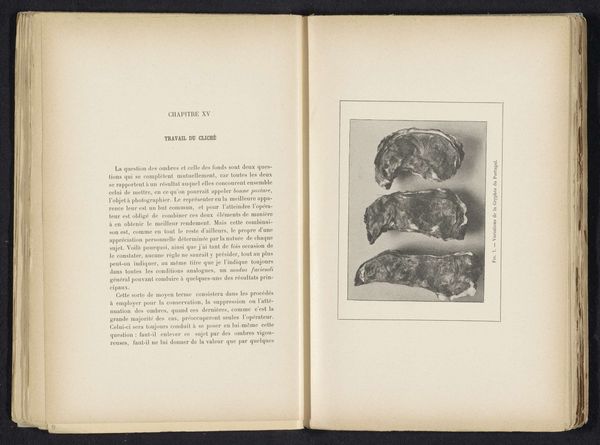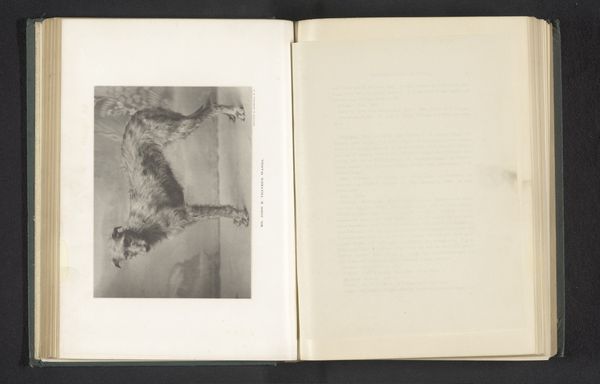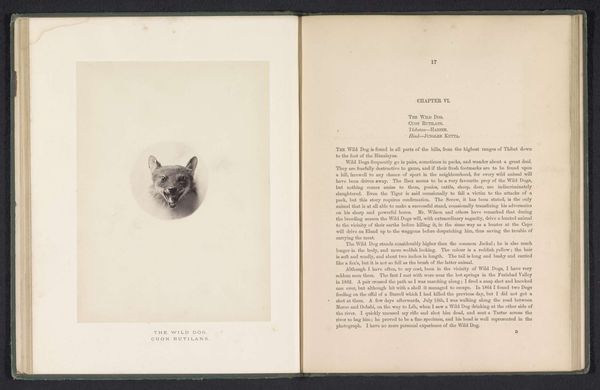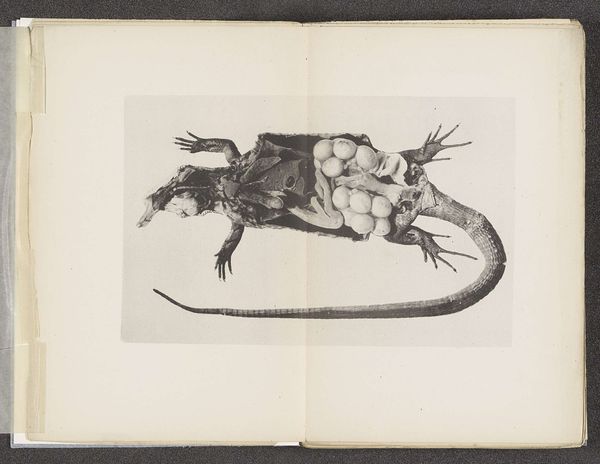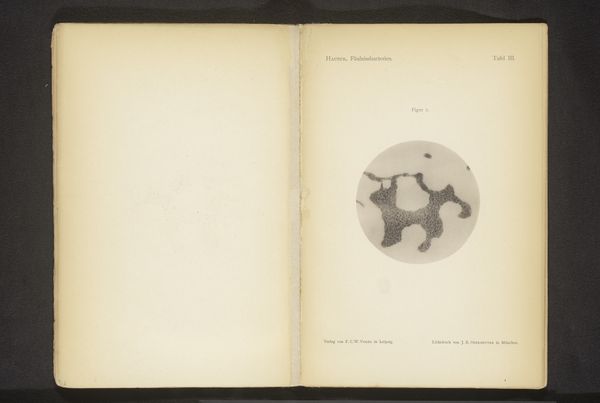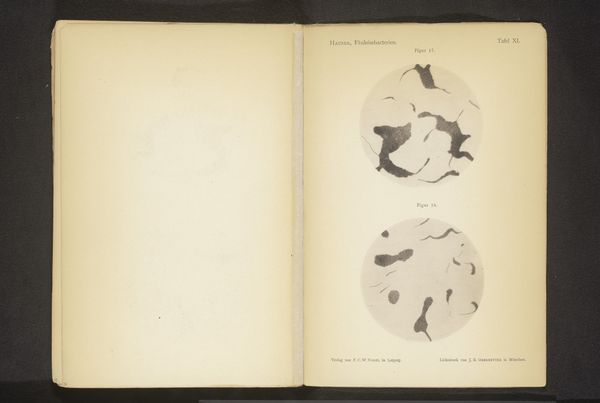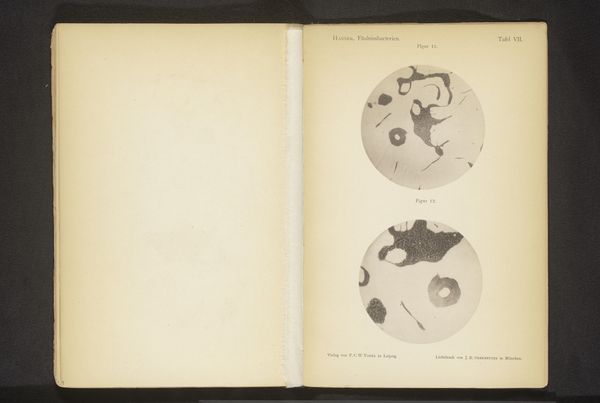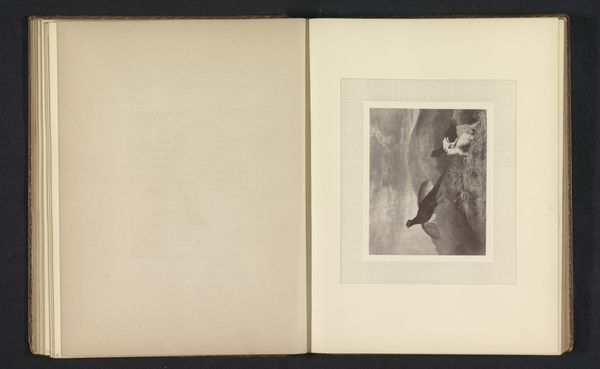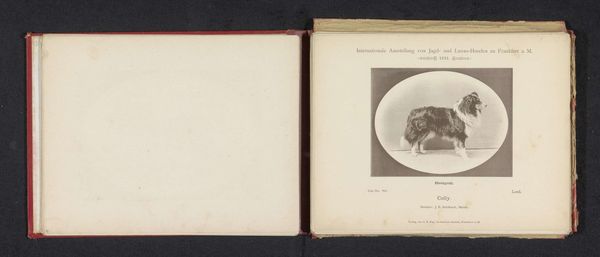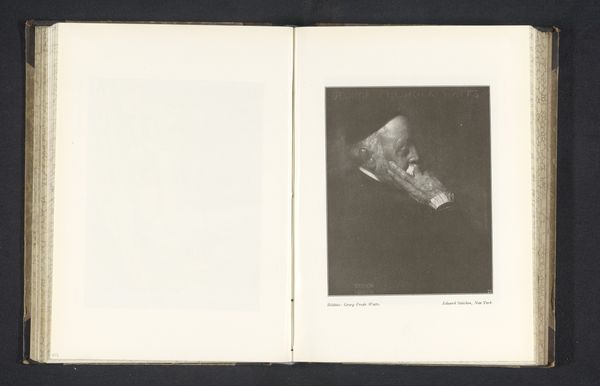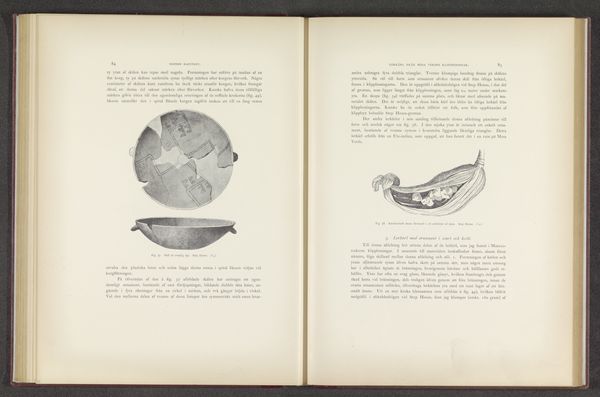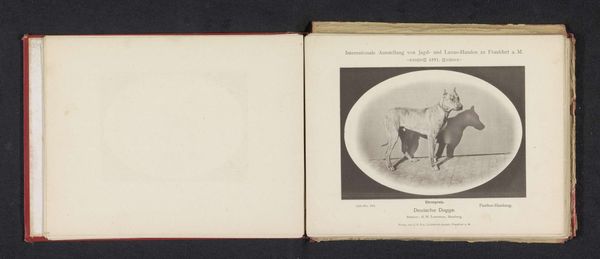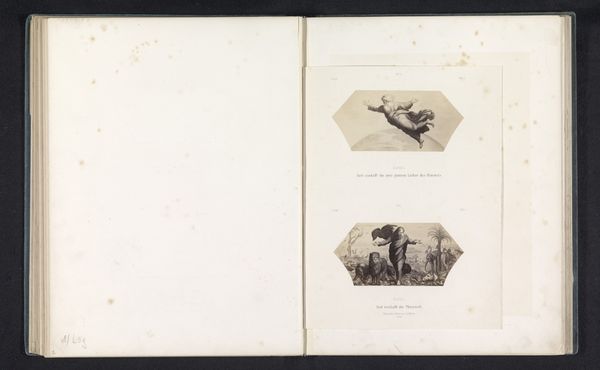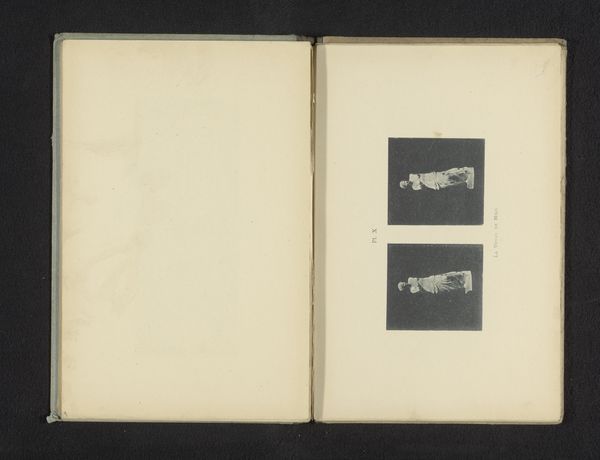
photography, gelatin-silver-print
#
still-life-photography
#
photography
#
gelatin-silver-print
#
history-painting
#
realism
Dimensions: height 123 mm, width 73 mm
Copyright: Rijks Museum: Open Domain
This photogravure of a rat, created by Albert Londe, explores the exciting possibilities of photography in late 19th-century France. The print on the left is of particular interest. It's a very early X-ray image of the animal. This highlights photography's unique capacity to reveal hidden realities. Unlike traditional art forms, where an artist interprets the world, photography mechanically captures an image. The photogravure process, a labor-intensive printing technique, gives the image its rich tonal range and depth. The contrast between the visible form and the skeletal structure creates a sense of wonder. The photograph then becomes an almost scientific tool for dissection. This image reflects a shift towards realism and objectivity. The use of industrial processes and technologies in art challenged traditional notions of artistic skill. It also opened new avenues for scientific exploration. This early adoption of technology in art democratized the ability to make art, challenging long-held distinctions between science, art, and craft.
Comments
No comments
Be the first to comment and join the conversation on the ultimate creative platform.
